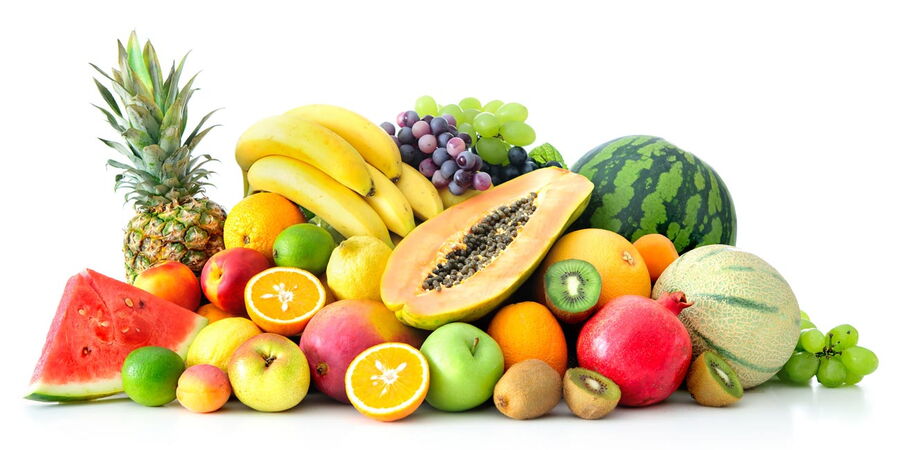Apr 2, 2025
The Art of Gentle Discipline in Nutrition
Expert advice on why we should not be so harsh on ourselves regarding nutrition

Apr 2, 2025
Expert advice on why we should not be so harsh on ourselves regarding nutrition
Nutrition advice often leans toward extremes—elimination diets, strict counting, or rigid meal plans. While structure can support health, an overly harsh or perfectionistic approach to eating frequently leads to guilt, burnout, and cycles of restriction and overindulgence.
Gentle discipline offers an alternative: a balanced, sustainable way of relating to food that honors both physical needs and psychological well-being. It's informed by principles of intuitive eating, behavioral science, and compassionate habit formation.
Gentle discipline in nutrition means having structure and intention without harsh self-punishment or obsession. It promotes consistency over perfection, flexibility over rigidity, and awareness over control.
Key elements include:
This approach aligns with research showing that shame-based or fear-based eating patterns tend to increase disordered behaviors, while kindness improves long-term adherence and health outcomes.
Strict dietary rules may work in the short term, but they often provoke rebellion, stress, and bingeing. Neuroscience indicates that willpower is a limited resource; when taxed, people revert to automatic patterns—especially in emotionally charged situations.
Moreover, dichotomous thinking (labeling foods as “good” or “bad”) increases guilt when deviations occur, which can lead to a cycle of emotional eating.
Gentle discipline focuses instead on sustainable habit-building:
Studies from health psychology emphasize the power of self-compassion in behavior change. When individuals treat themselves kindly after making a poor food choice, they are more likely to make better choices moving forward—not less.
For example, someone practicing gentle discipline might reflect: “That wasn’t the most nourishing meal, but I was tired and did my best. I’ll prepare something more balanced tomorrow.” This mindset supports growth rather than punishment.
Here are ways to apply gentle discipline in daily life:
These practices build a foundation of trust with the body, improving energy levels, digestion, and emotional balance.
Gentle discipline does not mean the absence of goals. It welcomes tools like:
—but these tools are used in service of well-being, not as forms of control.
It’s also compatible with medical nutrition therapy or goals like managing blood sugar or improving energy—as long as they are pursued through a lens of care rather than fear.
Nutrition is a long game. Sustainable progress requires consistency, patience, and compassion. Gentle discipline creates the psychological safety needed to form habits that last.
In a noisy wellness landscape, returning to basics—eating regularly, nourishing the body, and letting go of food guilt—remains one of the most powerful forms of self-respect.
A kind approach is not a weak one. It’s a wise, evidence-based path to long-term well-being.